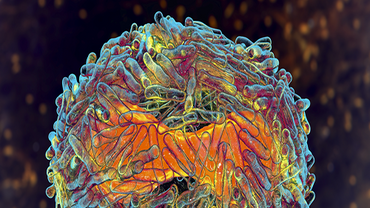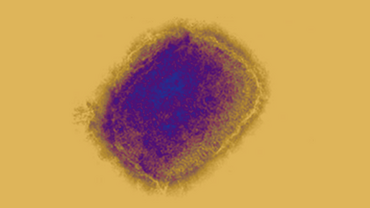Mpox and Substances of Human Origin
Date of publication: 28 August 2024
MPXV has been detected in blood, urine, tissue abscesses and bodily fluids and could potentially be transmitted through Substances of Human Origin (SoHO). However, to date, there has been no reported transmission of MPXV through SoHO and the likelihood of this is unknown.
Close contacts of suspected or confirmed mpox cases with either clade I or clade II, who are not deferred due to other risks, should be deferred from donation.
No locally-acquired cases of clade I mpox have been reported in the EU/EEA to date in the context of the current clade I outbreak in some African countries. Prospective donors returning from countries where clade I MPXV has been detected and who are not deferred due to other risks should be carefully interviewed regarding their contacts with suspected or confirmed mpox cases or infected animals. In the event of deceased donors, data on the medical history of these risk factors should be collected.
Based on the incubation period, it is recommended to defer asymptomatic donors who have been in contact with mpox cases (confirmed or suspected) from SoHO donation, for a minimum of 21 days from the last day of exposure. It should be noted that the available information on the incubation period is based on individuals manifesting symptoms. The possibility of MPXV transmission by asymptomatic individuals is unknown. In the donor assessment process, attention should be paid to the wide range of clinical presentations of the disease in recent outbreaks (see factsheet for health professionals on mpox). Evaluations should not overlook mild and non-specific signs. Donors with confirmed or suspected MPXV infection should be deferred from donation for at least 14 days after resolution of all symptoms. Due to the isolation of replication-competent virus from semen, where it is a necessary to store semen (e.g. fertility preservation), it is advisable to perform PCR of the semen sample.







